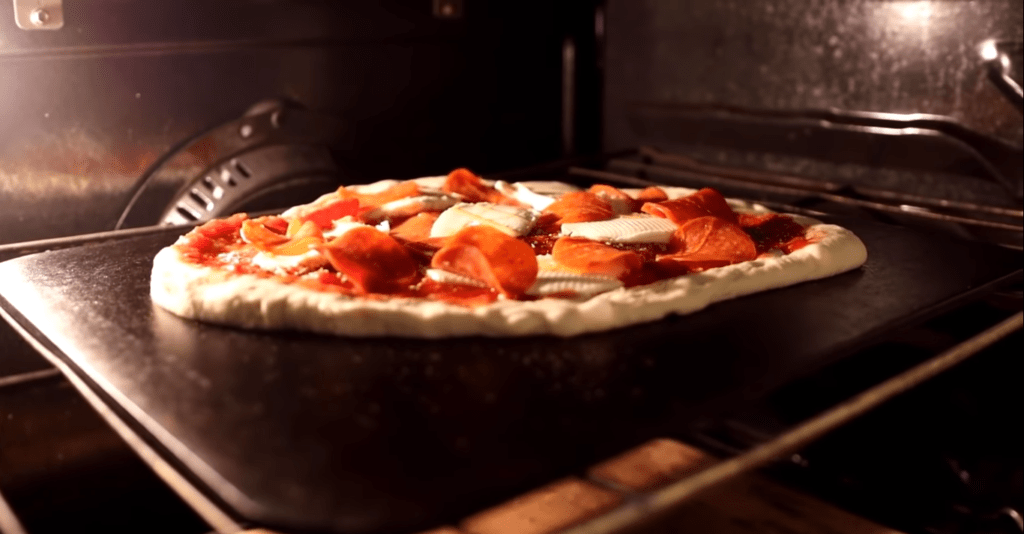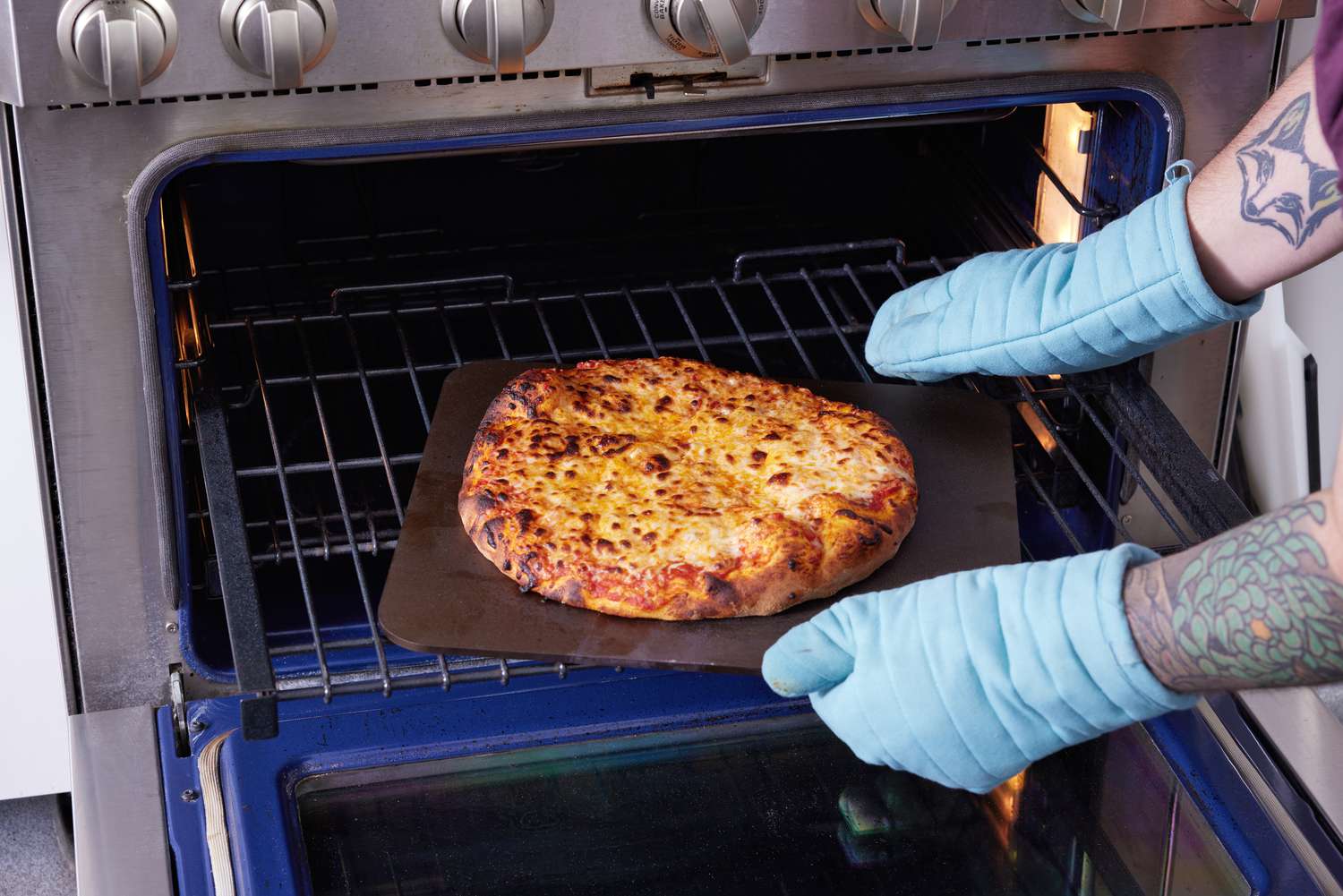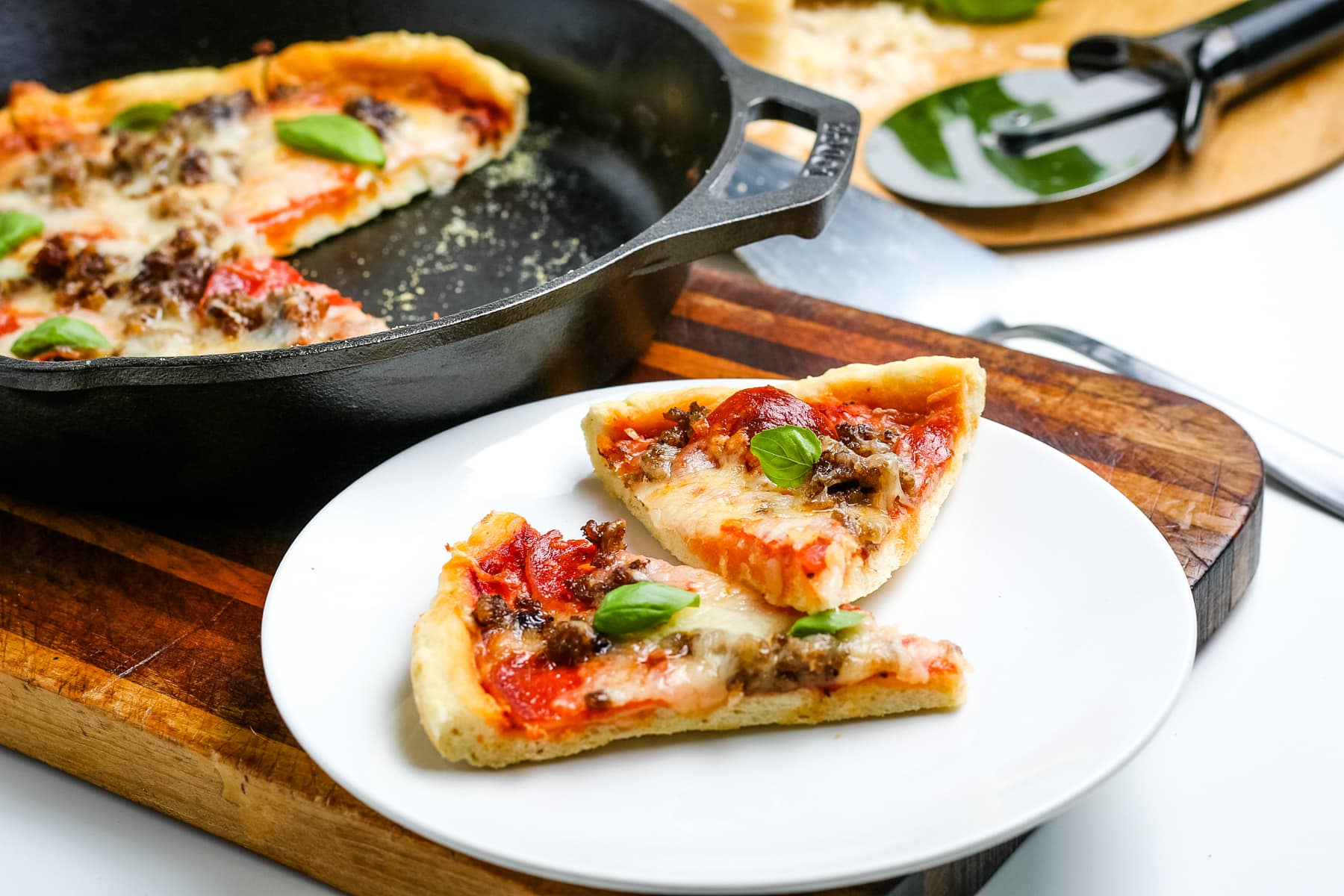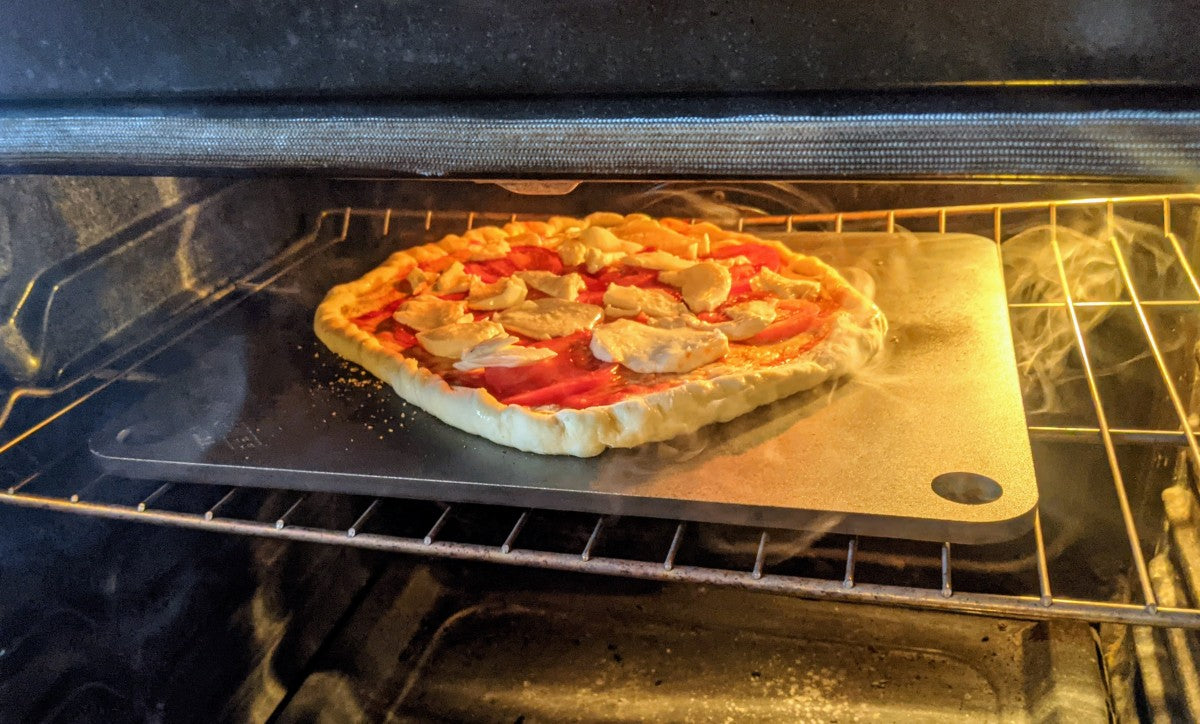In the fast-paced world of professional baking, the tools you use can significantly impact the quality of your final product. Among these tools, a baking stone is a staple in any kitchen professional's arsenal. If you're looking to elevate your baking game, investing in the best baking stones is crucial. This guide will help you navigate through the essential features and benefits of various baking stones.

Why Choose the Best Baking Stones?
For kitchen professionals, quality and consistency are paramount. The secret weapon in achieving perfectly baked breads, pizzas, and pastries often lies in the baking stone itself. But why should you be interested in finding the best one?
The primary advantage of using a baking stone is its ability to evenly distribute heat. This ensures uniform cooking, which is vital when you're aiming for perfection. Additionally, the porous nature of these stones absorbs moisture, giving your baked goods a crispy texture that is hard to achieve with standard trays.
Types of Baking Stones: Which One Suits You?
Cordierite Baking Stones
One of the most popular options is the cordierite baking stone. Known for its durability and thermal stability, cordierite can withstand high temperatures without cracking. This makes it an ideal choice for professionals who bake frequently.
Ceramic Baking Stones
Ceramic baking stones are another excellent option. While slightly more fragile than cordierite, ceramic stones provide excellent heat retention. They are perfect for achieving that perfect crust on your artisan bread. For those looking to dive deeper into ceramic baking practices, an interesting read can be found here.
Features to Consider When Choosing the Best Baking Stones
When choosing a baking stone, there are several features to consider to ensure you get the best results:
Thickness
A thicker stone generally retains heat better, which is important for items that require longer bake times. However, thicker stones are heavier and can take longer to heat up.
Shape and Size
Consider the types of items you bake most frequently. Round stones are ideal for pizzas, while rectangular stones offer more versatility for different types of baking.
Heat Resistance
The ability of a stone to withstand high temperatures without cracking is a critical factor. This is especially important for professionals who bake at high temperatures regularly.
Benefits Beyond Baking
The uses of a baking stone go beyond just baking bread and pizza. They can also be used for roasting veggies, grilling meats, and more. If you're interested in exploring these alternative uses, you might find this article on 5 Ways to Use a Baking Stone enlightening.
Tips for Maintaining Your Baking Stone
Maintenance is key to extending the life of your baking stone. To ensure its longevity, avoid using soap; instead, just scrape off any residue with a spatula and clean it with a damp cloth. Preheating your stone in the oven is also crucial for avoiding thermal shock.
For more detailed cleaning tips, check out this guide on how to clean cookware.

Frequently Asked Questions About Baking Stones
What is the advantage of using a baking stone?
Baking stones offer even heat distribution and absorb excess moisture, resulting in a crispy crust for bread and pizzas.
Can I use a baking stone for frozen pizzas?
Yes, but it's crucial to allow the stone to preheat sufficiently to avoid thermal shock and ensure the best result.
How do I prevent my baking stone from cracking?
Avoid placing a cold stone into a hot oven and vice versa. Always allow the stone to heat up with the oven.
To learn more about using baking stones, consider reading this detailed guide on how to use a baking stone effectively in your baking routine.
This article contains affiliate links. We may earn a commission at no extra cost to you.






Leave a comment
This site is protected by hCaptcha and the hCaptcha Privacy Policy and Terms of Service apply.